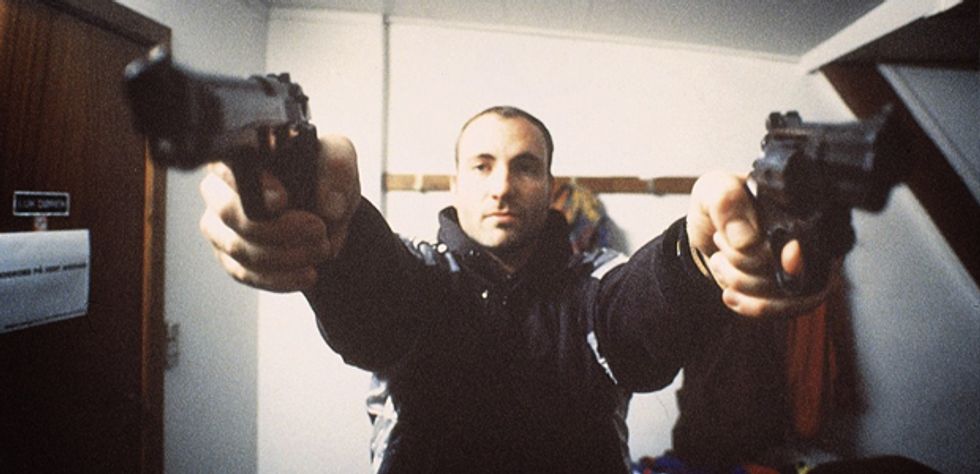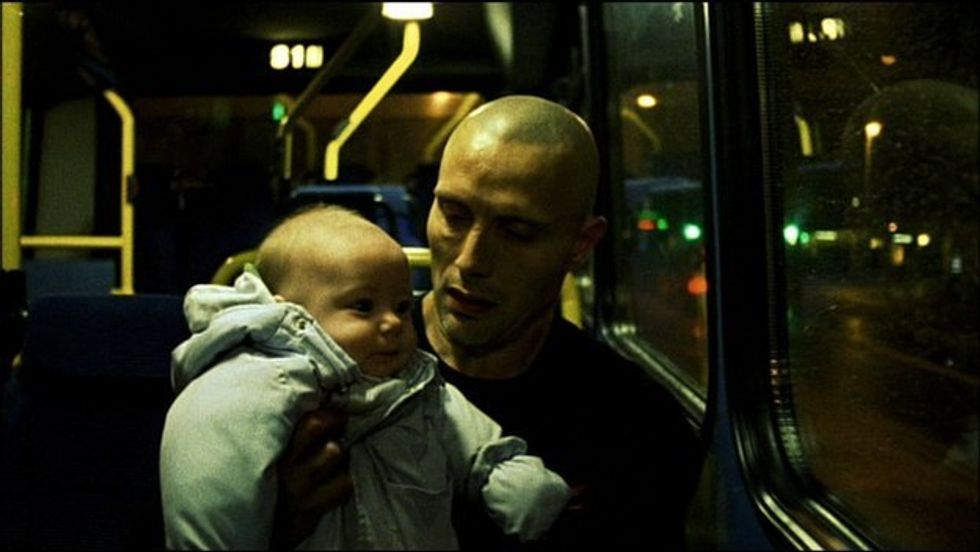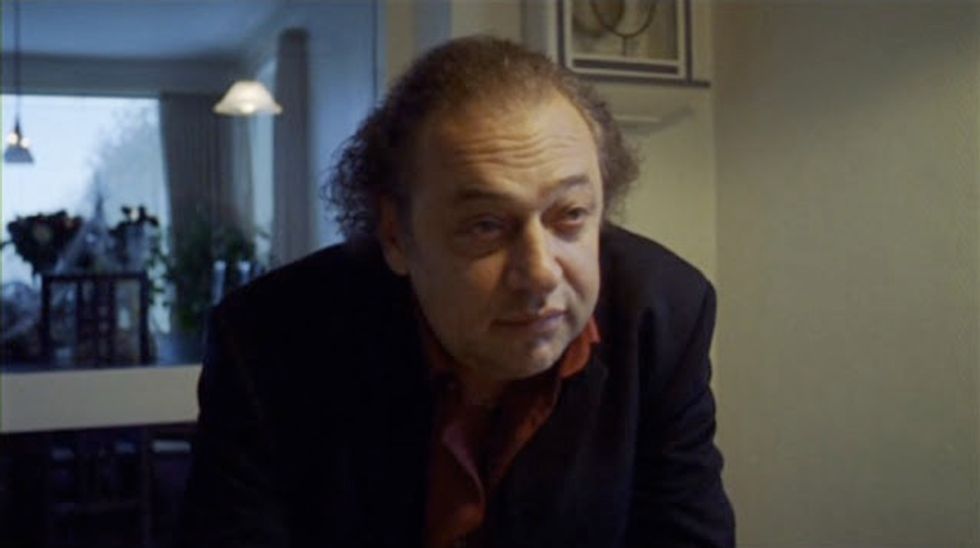Nicolas Winding Refn's PUSHER trilogy put the Danish director on the European worldstage to an extent that it probably allowed him to direct his best film, DRIVE. In terms of contemporary crime drama, these films are among my favorite in the genre and radically different from other entries in Refn's oeuvre (which I like as well). In covering the dark underworld of Copenhagen's drug scene, the films undercut Denmark's image as a Scandinavian paradise and showed that evil can grow anywhere even if it's more difficult to find its roots. So let's recap what these films are about and why you should see them.
PUSHER (1996)
The highest grossing Danish film of all time at its release, the film follows a week in the life of Frank, a drug dealer who's in deep with his supplier, Milo. I saw this film while working on Refn's THE NEON DEMON and was shocked at the lack of overlap in style between his most recent and his first film. Frankly, one would be hard-pressed to guess who had directed the film. Its primary influences are MEAN STREETS and the New York crime dramas of the 70s. It's short, sweet, violent, cheap, and dirty.
PUSHER II (2004)
Despite the fact Refn stated in an interview that he really only did the second two sequels for the money (his previous passion projects have bankrupted him several times), the greater breadth of freedom and budgetary increases supersede the cash-grabbing implications of for-the-money cinema.
My personal favorite in the trilogy, PUSHER II follows Tonny (played by Mads Mikkelsen) as he struggles with fatherhood after getting out of prison. Unlike the first film, which is more purely a clean crime thriller, the film delves more into the sociological issues of the life of an ex-convict and the lack of an escape out of a life of crime. It's also unusual in the trilogy for being the only one to have the self-conscious stylization of the rest of Refn's films. There's lots of red and neon without the loss of deep characterization and strong performances.
PUSHER III (2005)
While certainly not a bad film, it's the weakest of the trilogy. Covering a day in the life of Serbian supplier Milo, it still maintains the tight time-frame of the other two films but is oddly meandering and unfocused by comparison. The film deserves, well, credit I suppose for showing the tedium of dismembering and disposing multiple bodies in its last act. It's excessive, but I've never seen it in a movie before. I applaud Refn for the fact he's done something that's never been done before, but at the same time, the scenes serve as an explanation why.





















